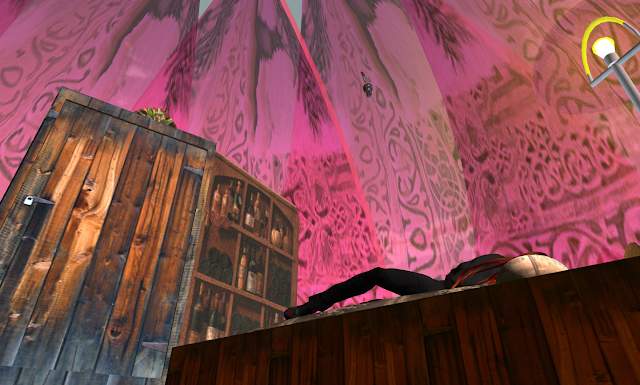I AM VERY SORRY BUT I CANNOT TRANSLATE THIS... MAYBE YOU CAN LISTEN TO THE VOICE, TALKING ABOUT THE ILIAD, AND UNDERSTAND...
e vabe. e che gli vuoi dire. niente. solo ascoltare, anche durasse vent'anni ;)https://t.co/gRLb3OwjHF
— makkox (@makkox) May 23, 2020
























